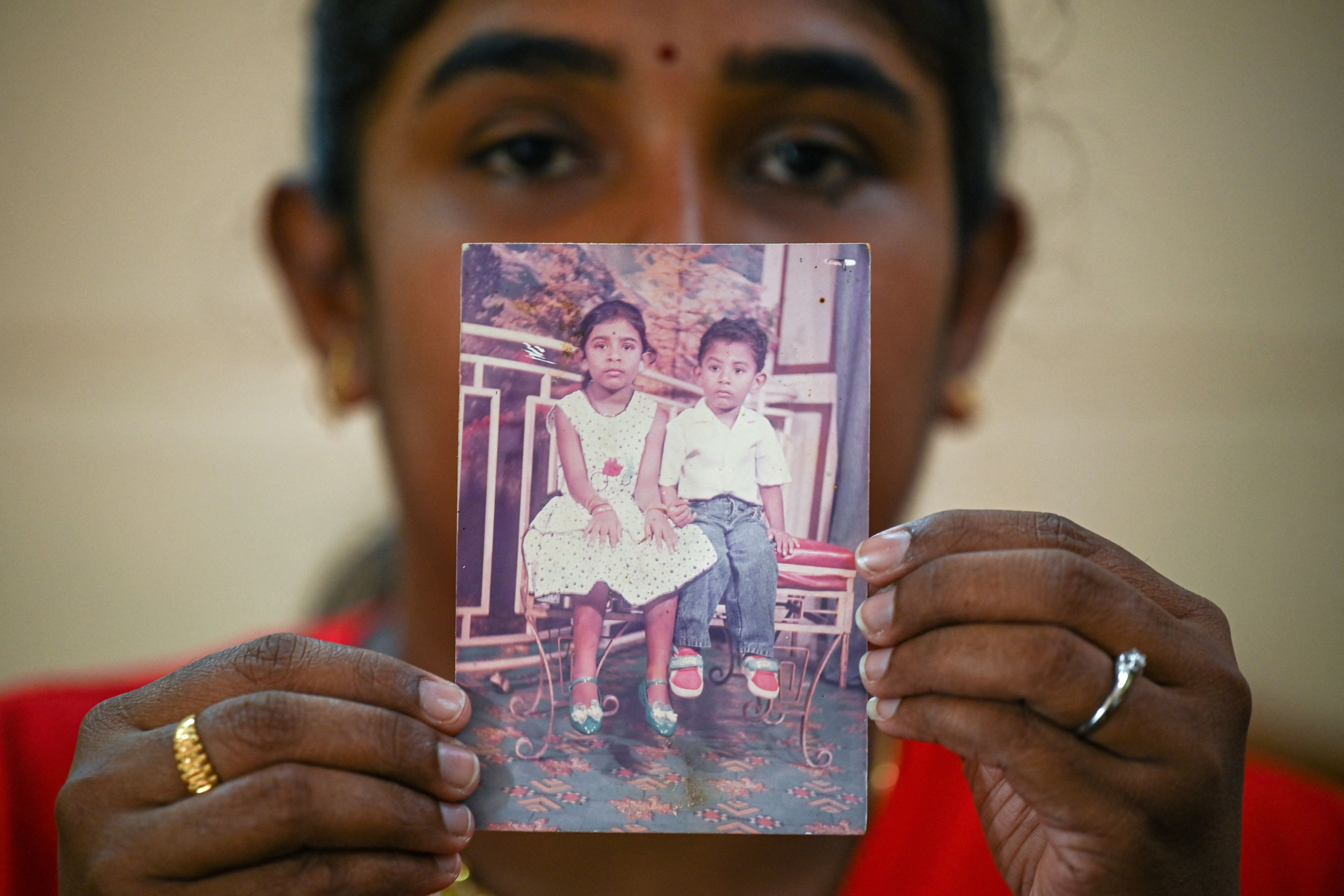Singapore executes Malaysian man with intellectual disability despite international outcry
Nagaenthran Dharmalingam’s exection confirmed to his brother Navin Kumar by Changi prison

Your support helps us to tell the story
From reproductive rights to climate change to Big Tech, The Independent is on the ground when the story is developing. Whether it's investigating the financials of Elon Musk's pro-Trump PAC or producing our latest documentary, 'The A Word', which shines a light on the American women fighting for reproductive rights, we know how important it is to parse out the facts from the messaging.
At such a critical moment in US history, we need reporters on the ground. Your donation allows us to keep sending journalists to speak to both sides of the story.
The Independent is trusted by Americans across the entire political spectrum. And unlike many other quality news outlets, we choose not to lock Americans out of our reporting and analysis with paywalls. We believe quality journalism should be available to everyone, paid for by those who can afford it.
Your support makes all the difference.Officials in Singapore executed a mentally disabled Malaysian national convicted of drug trafficking despite pleas seeking clemency for him from across the world citing his poor mental condition.
Nagaenthran Dharmalingam was caught smuggling 42.72 grams of heroin strapped to his thigh into Singapore in April 2009 and was sentenced to capital punishment the next year.
The execution of Dharmalingam was confirmed to his brother Navin Kumar by the Changi prison officials. Mr Kumar was also present at the prison to make arrangements for the remains of Dharmalingam to be carried back to their home in Malaysia’s Ipoh, where the funeral and last rites will be carried out.
His sister Sarmila Dharmalingam said: “On this score may I declare that Malaysia is far more humane. Zero to Singapore on this.”
This was the second execution carried out by Singapore after a gap of two years, and comes within a month of authorities executing another drug-trafficking convict.
The Malaysian-Indian man’s former lawyer M Ravi also confirmed the execution and said: “You may break us, but not defeat us. Our fight against the death penalty continues. Om Shanti, may your soul rest in peace.”
He posted on Facebook: "A sick boy murdered by a sicker society. Understanding and rehabilitation is the sign of a forward thinking society... there are no excuses for murder ever..."
“Nagaenthran Dharmalingam’s name will go down in history as the victim of a tragic miscarriage of justice. Hanging an intellectually disabled, mentally unwell man because he was coerced into carrying less than three tablespoons of diamorphine is unjustifiable and a flagrant violation of international laws that Singapore has chosen to sign up to,” Maya Foa, director of Reprieve, a human rights organisation said.
According to the activists, Dharmalingam carried out the trafficking for a small amount to pay for medical bills.
“Capital punishment in Singapore disproportionately targets drug mules rather than the drug lords that traffic or manipulate them. Most of its victims are, like Nagen, poor, vulnerable and from marginalised communities. This is a broken system,” Ms Foa said.
At the legal trials spanning over a decade, Dharmalingam’s lawyers had informed the Singapore Court of Appeal about his IQ of 69 and other mental disorders which hinder his ability to make decisions and impulse control.
An eleventh-hour appeal was made by Dharmalingam’s mother who challenged the execution on Monday, stating that it was unconstitutional to proceed with his death sentence and that he may not have been given a fair trial but it was rejected by the court on the grounds of being “vexatious” and “frivolous”.
His mother also failed to secure presidential pardon to save Dharmalingam’s life.
The execution of a mentally ill person is protected under right to life and prohibited under the international human rights law — the UN Convention on the Rights of Persons with Disabilities, which was signed by Singapore on 18 July 2013.
However, Singapore’s courts have consistently stated that Dharmalingam was not mentally disabled and that he understood his actions at the time the crime was committed.
Holding a zero-tolerance policy, Singapore regards drug-related offences as the “most serious crime”. The administration has repeated that the death penalty is a deterrant against drug trafficking and that a majority of its citizens back capital punishment, a claim questioned by activists and lawyers in the country.
The death sentence for Dharmalingam faced severe backlash from lawyers, activists and prominent personalities across the world.
British billionaire Richard Branson, actor-broadcaster Stephen Fry, disability-rights activist Timothy Shriver and several UN experts had appealed for mercy for Dharmalingam to Singapore’s president Halimah Yacob and PM Lee Hsien Loong but without any avail.
Join our commenting forum
Join thought-provoking conversations, follow other Independent readers and see their replies
Comments